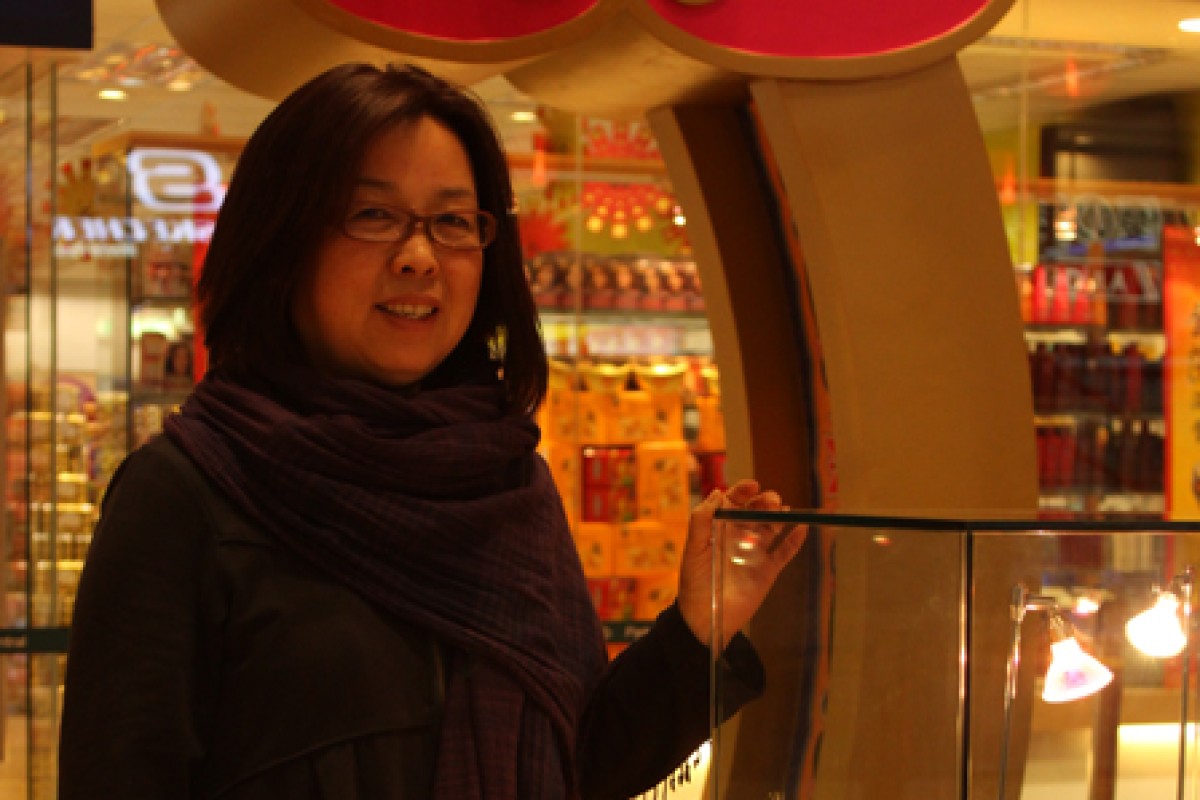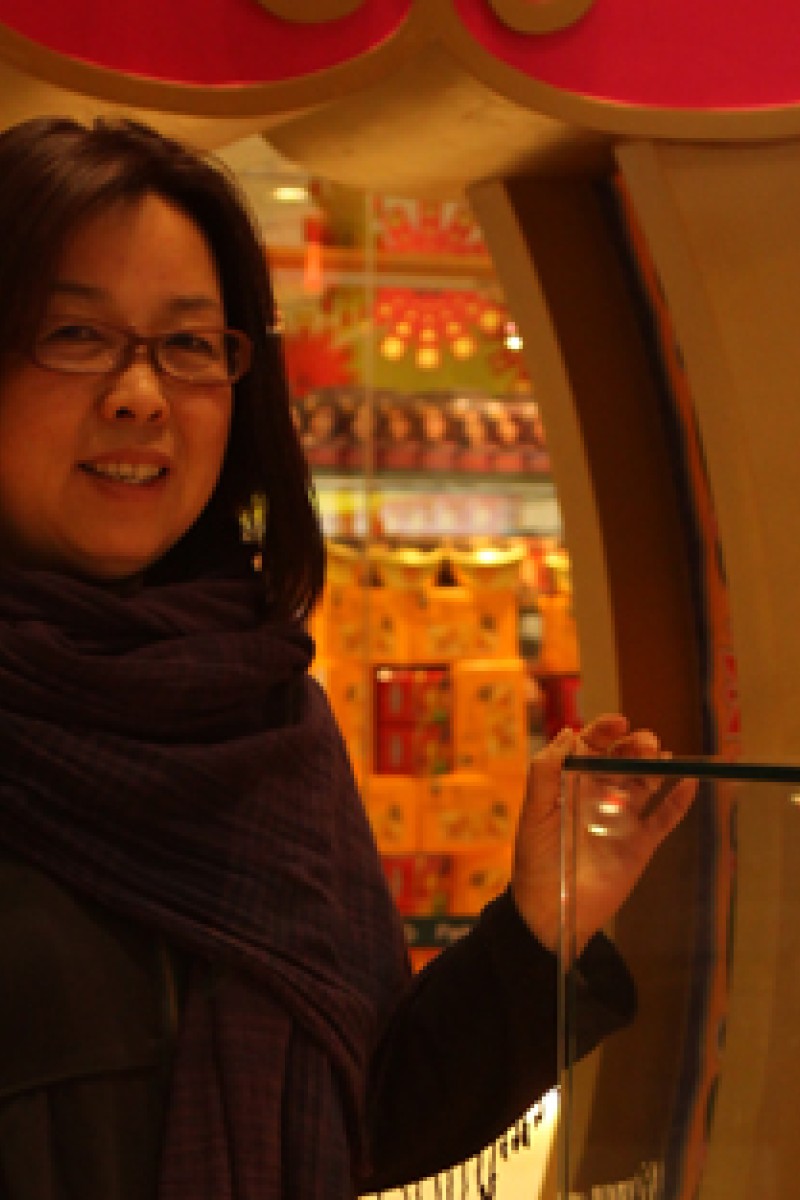 Li Cai-ping hopes the artefacts on show will stimulate interest in traditional cultural beliefs surrounding maternity.
Li Cai-ping hopes the artefacts on show will stimulate interest in traditional cultural beliefs surrounding maternity.The dragon is the only Chinese zodiac sign that is an imaginary animal. Why is that? Are dragons better than the other 11 creatures?
Many Chinese couples think so. Part of their cultural belief is that dragons are superior creatures, so giving birth in a dragon year will bring the baby prosperity.
Yet what is the reasoning behind this belief? Li Cai-ping, deputy curator of the Beijing Folk Arts Museum, says in Chinese culture the dragon is a symbol of power, wealth and immortality.
"In the past, only emperors were privileged enough to wear, use and eat products bearing dragon symbols," she says.
Li is in Hong Kong to curate an exhibition about maternity traditions in Chinese culture, with some of the items on show dating back 1,800 years.
The Chinese have been fascinated by the mythical creature since as far back as the Han dynasty (206BC-AD220).
They believed children born in a dragon year would outsmart children born in other zodiac years, and dragon babies would become prosperous. This idea is important because a child must survive and carry on the family name.
"In ancient times children were blessings, especially males who were strong enough to help the family work the farm," Li says. "During festivals, swarms of young couples or parents visit the gods and goddesses at temples, asking to be blessed with children. This practice is still common in modern China."
Young couples are often greeted by neighbours and relatives with gifts that symbolise fertility. For example, lamps are commonly given to couples, because the word "lamp" in Putonghua sounds similar to the word "child", Li says.
"Relatives also give grapes, pumpkins and calabash [gourd carved from wood] as wedding gifts," Li says. "These objects, and others that have round shapes, are symbols of a womb and fertility."
The pumpkin, which has many bulges, signifies a mother who will give birth to several children.
When a couple eventually has a child, ceremonies and celebrations are held. "First, parents will revisit the temples, showing the gods their gratitude for the heavenly blessings," Li says. "Then, they ask the gods to grant the baby a healthy and blessed life."
If the baby is a boy, the mother often sews tigers on his hats and shoes to symbolise great power and energy. The family's neighbours often contribute pieces of cloth, which are made into patchwork clothes and blankets. The patchwork illustrates the dedication and love villagers have for the new baby, because, according to Chinese culture, the growth of a child involves not only one family, but a community.
Such traditions form a very important part of Chinese culture, Li says and this is one reason she is in Hong Kong. She is concerned that if today's younger generation start to believe these traditions are mere superstitions, then such cultural practices may disappear.
"The young generation does not know how to appreciate their culture because they are not exposed to it as much or told all those fascinating stories," Li says. "As a culture preserver, I think we need more of these opportunities to show young people how rich our culture is."
The Chinese Maternal Culture exhibition, on the first floor of Park Central Mall, Tseung Kwan O, runs until February 19
